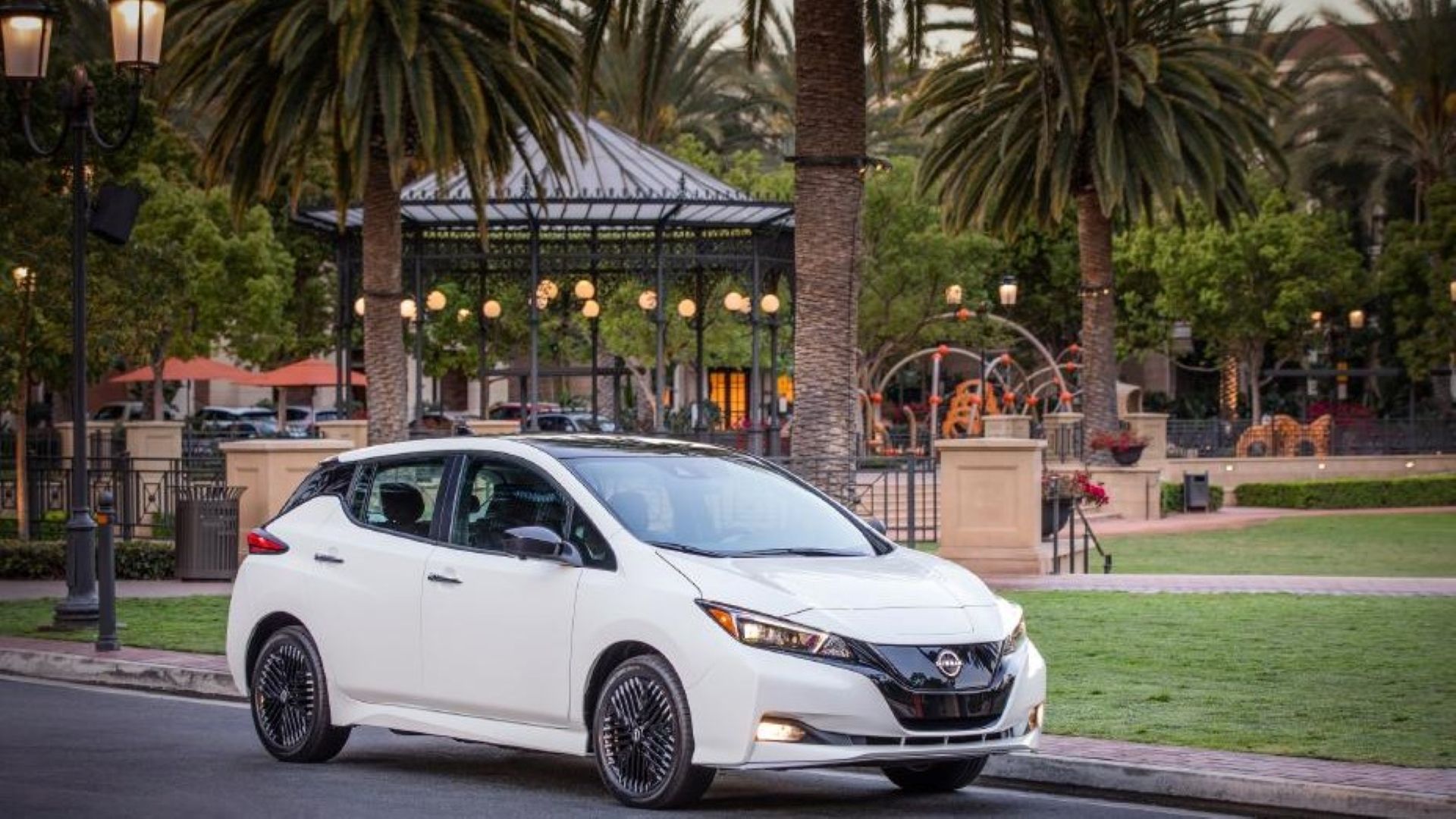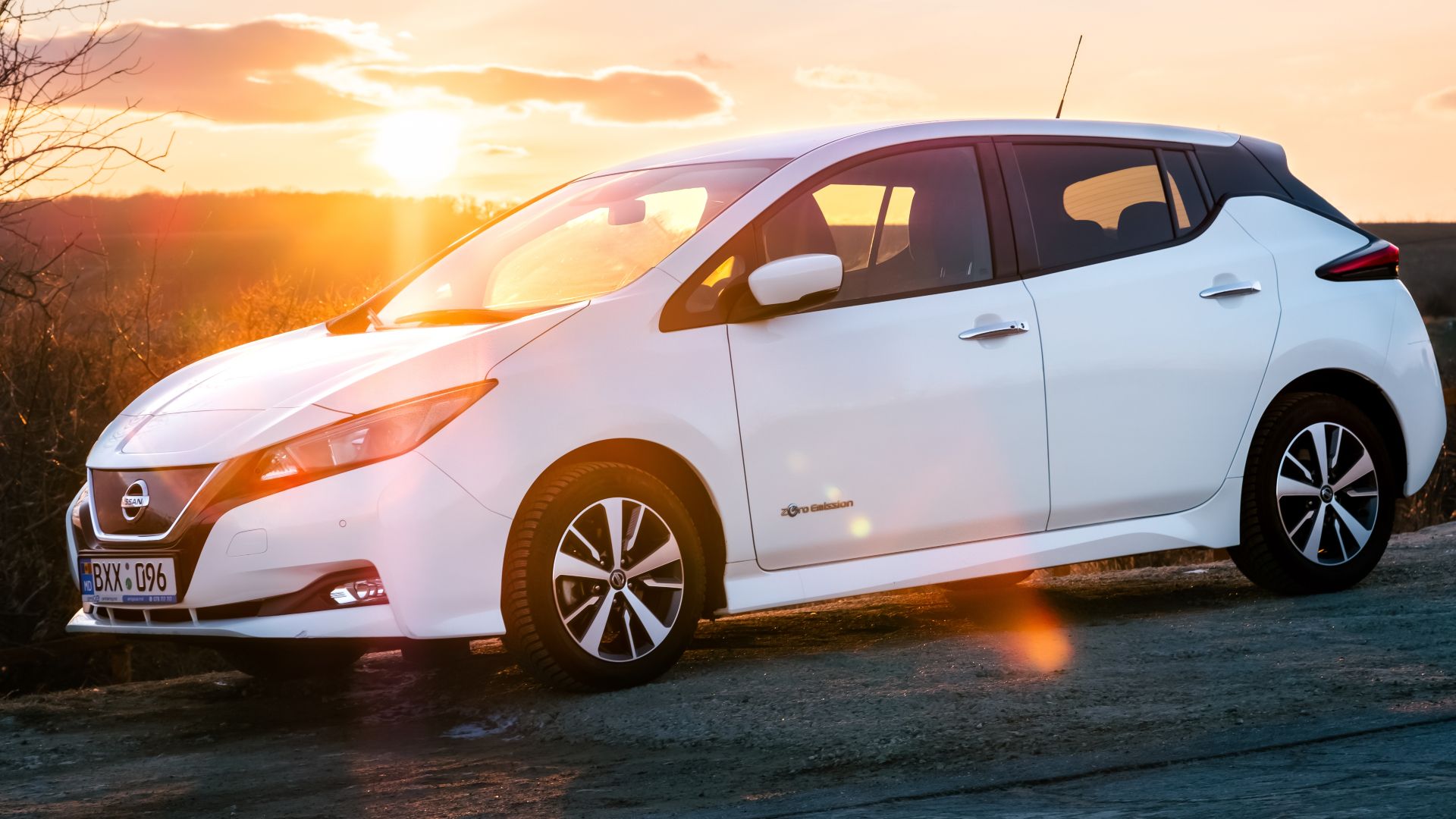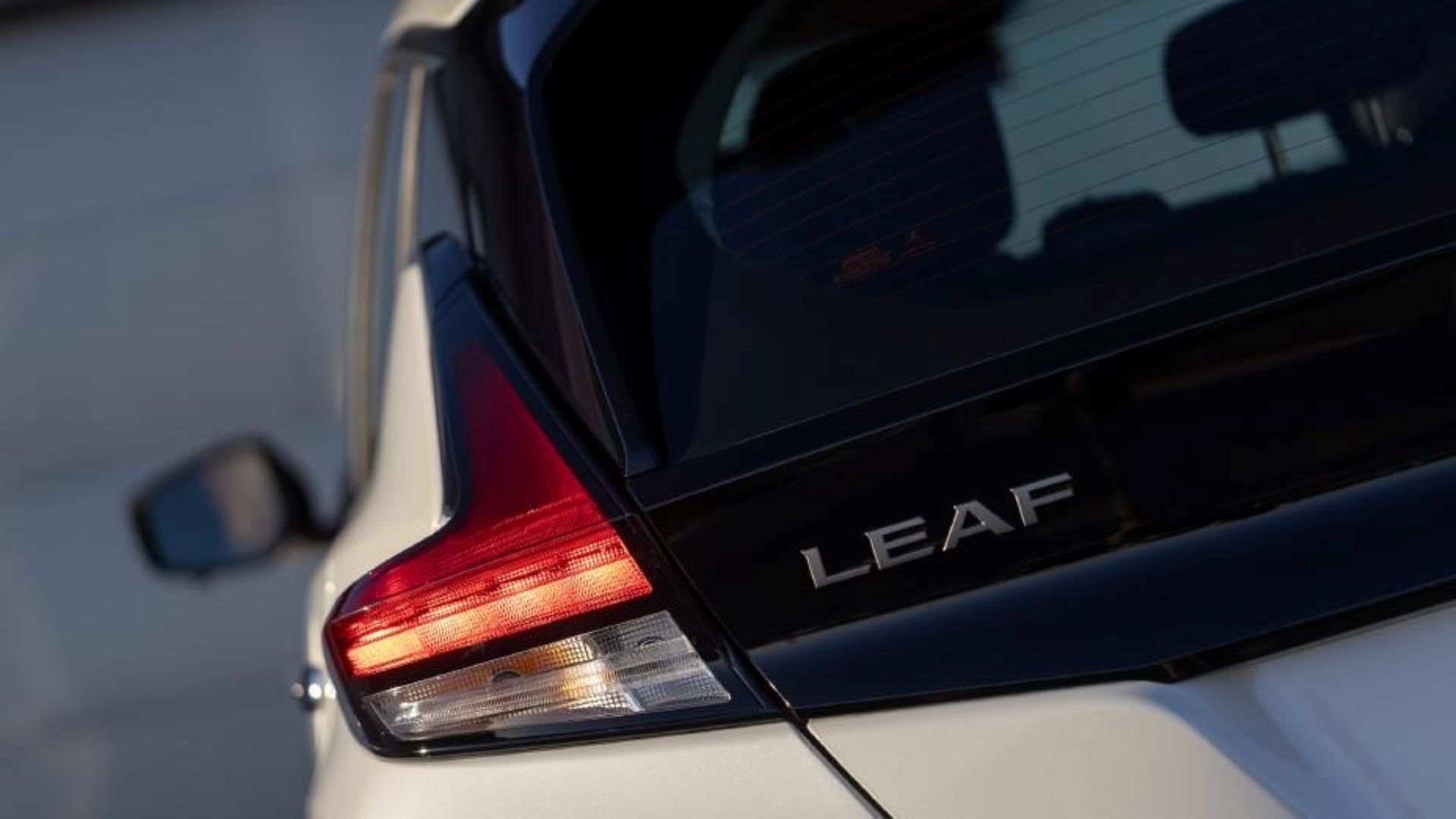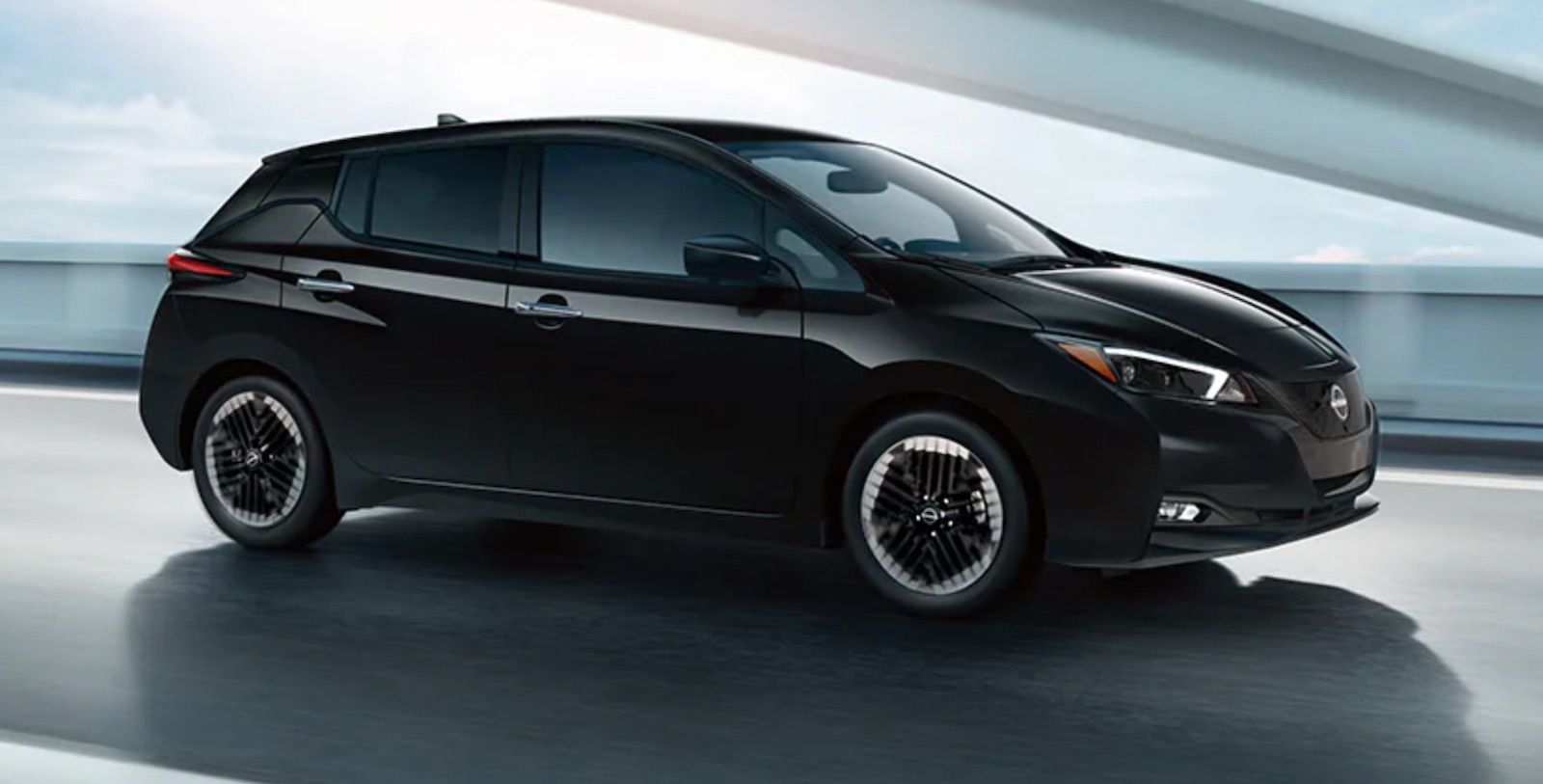Summary
- The 2024 Nissan Leaf is an affordable and efficient everyday electric vehicle without groundbreaking features or performance.
- It comes in two versions, the S and SV Plus, with slight variations in specs, battery capacity, and acceleration.
- While the Leaf offers up to 212 miles of range and quick charging capabilities, it falls behind competitors in terms of range and charging technology advancements.
Nissan pioneered the electric vehicle market when it first released the Leaf, an all-electric hatchback, 13 years ago. In 2024, the newest Nissan Leaf will adorn car lots, city streets, and charging stations. What makes the upcoming version different from all the other Leafs? Its value.
While electric vehicle manufacturers have set their sights on a new consumer audience and lowered prices, the 2024 Nissan Leaf slots into the lineup as both affordable and efficient. However, the vehicle's status as Nissan's last Leaf reflects a failure to keep up with the all-electric tech boom.
Sources: Nissan, Car and Driver, and the U.S. Department of Energy.
The Leaf Works Well As An Everyday EV
For the commuter, the school drop-off dad, and the designated driver, the 2024 Nissan Leaf is a solid everyday car. While it may lack a horsepower that blows the competition away or a range that pushes the boundaries of electric vehicle technology, the new Nissan is made for a reliable and efficient day-to-day EV.
The 2024 Nissan Leaf comes in two versions: the Nissan Leaf S and the Nissan Leaf SV Plus. With slight variations in top acceleration, battery capacity, charging time, torque, and horsepower, each option is unique. From needing longer driving range to ensuring charging time is cut down while on the road, drivers can choose which model is best suited for their lifestyle.
The Nissan Leaf S, the standard option, offers a glimpse of the baseline specs for a Nissan. A 147 horsepower paired with 236 pound-feet of torque is modest and right below the industry average for horsepower of anywhere between 180 and 200.
The Nissan Leaf SV Plus makes 214 horses and 250 pound-feet of torque. With a larger battery capacity, the advanced model is able to perform at greater lengths than the standard Leaf and takes passengers further. The SV Plus also includes a handful of specialty design and technological elements, including heated mirrors attached to the exterior of the car, heated seats, LED low-beam headlights manufactured for aerodynamic performance, and Nissan Connect services for playing music, navigating, and finding nearby charging stations. The optimized version brings a higher price tag, starting at $36,190.
Both models feature a floor battery made for the best possible weight distribution and include front-wheel drive.
How Nissan's EV Technology Has Lagged
Compared to previous Nissan Leaf models, the 2024 car carries the household Leaf name without many improvements in tech or drivability. The 2023 Nissan Leaf started at a similar price of $29,135, and drove the same 149-mile range. The SV version had a better range than the 2024 model, with 3 more miles of driving range. Ultimately, the mid-size electric vehicle isn't that different from its predecessors and — despite its favorable price compared to older models — doesn't live up to the industry benchmark for range in today's competitive electrified world.
As Nissan closes the chapter with the Leaf make, its next step forward means brighter things for the company. The arrival of the Nissan Ariya, a compact all-electric SUV, brings a steeper but aggressive price point at $43,190. The model has the endurance to back its value up, sporting 304 miles of range, 389 horsepower, and cruising from 0-60 MPH in just 4.8 seconds. While the Ariya is not in the niche of electric vehicles under $30,000, it does still offer a less costly alternative for EV fans. The price also hasn't seemed to deter interested buyers, as the Ariya was ranked first for driver satisfaction compared to similar compact SUVs, according to Nissan.
The Nissan Leaf Offers Up To 212 Miles Of Range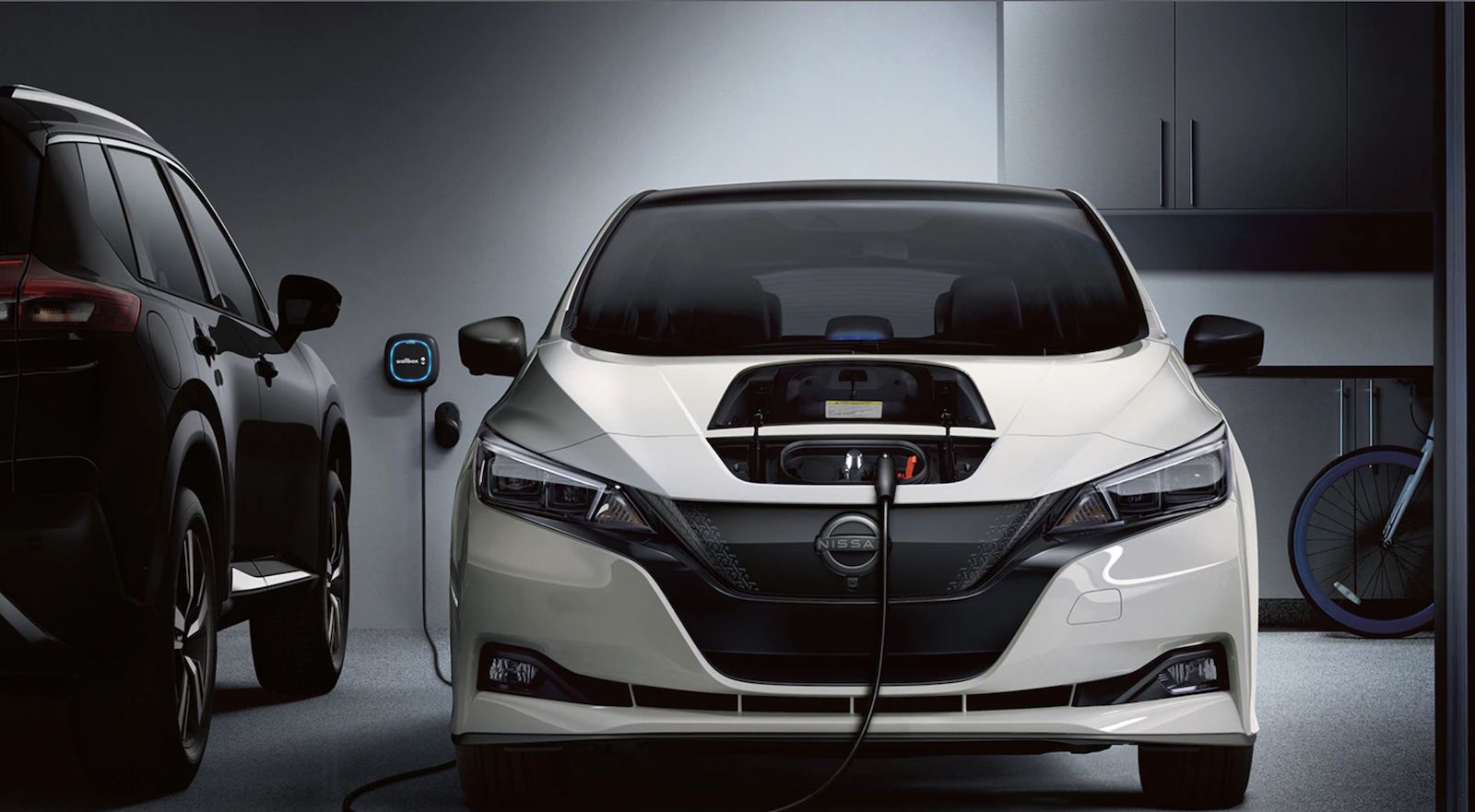
The Nissan Leaf offers an affordable EV option upfront, but it also saves buyers time at the charging station and is more efficient over time.
Nissan Leaf Specs
2024 Nissan Leaf S | 2024 Nissan Leaf SV Plus | |
EPA-estimated range | 149 miles | 212 miles |
Charging capabilities | 80% in 40 minutes | 80% in 60 minutes |
Fuel Economy | 111 MPGe combined city and highway | 109 MPGe combined city and highway |
At the charging station, drivers can expect to reach an 80-percent charge in as fast as 40 minutes. For the SV Plus Nissan Leaf, that time is cranked up to 60 minutes. With 212 miles of driving range, the SV Plus version of the 2024 Nissan Leaf is best for longer distances than the standard Nissan, offering only 149 miles. Savings also come in the form of fuel economy ratings. For the latest Leaf, a 111 MPGe combined city and highway fuel efficiency is better than or on par with the majority of all-electric vehicles on the market.
As novel charging and range technology challenges what was expected of electric vehicles, the Leaf can't seem to keep up with ranges hitting 300-plus miles becoming the norm. When it comes to charging, waiting 40 minutes to reach 80-percent may be quick for some, but that technology is ever-growing as well. For example, the much more costly Lucid Air can charge an average of 20 miles of range per minute. The Hyundai Ioniq 6 falls short of the Lucid Air slightly with an average of 16 miles per minute. While the Leaf was once the pinnacle of electric vehicles, the market has evolved to push boundaries that Nissan can't seem to keep pace with.
Where The Nissan Leaf Ranks In The Affordable Market
The SV Plus offers better value with a low-to-mid starting price, advanced technology, greater performance specs, and a longer range. When it comes to the underdeveloped affordable EV market, the Nissan Leaf is a welcome addition. The nearly $30,000 starting price offers customers a lower price point without that much of a drop in performance, power, or longevity.
For example, the 2024 Volkswagen ID.4 has nearly 240 miles of range at a $41,000 starting price. The 2024 Kia EV6 offers roughly double the range of the base Nissan Leaf, at nearly $15,000 more. The Nissan Leaf isn't without rivals, some even out-bidding the hatchback in overall bang-for-buck value. The closest competitor seems to be the Chevrolet Bolt EUV, starting at almost the same price of $28,795 and spanning a 247-mile range. The price, it seems, puts the Nissan Leaf in a tricky place in the market.
The rumored arrival of a $25,000 hatchback Tesla also brings bad news for a standard vehicle like the Leaf. However, the possibility of an all-electric and, most important, affordable Tesla would be good news for the scope and scale of the future of electric vehicles. While it may compete with the Chevy Bolt or outperform a Kia, the Leaf would be no match to the luxurious and prestigious Tesla name that would dominate the affordable electric vehicle marketplace.
The 2024 Nissan Leaf will be the last of its kind as the Leaf lineage ends and Nissan phases out the iconic EV. The transition will allow the manufacturer to explore and emphasize various other landscapes for new electric vehicles. Will it make a comeback like the Chevrolet Bolt EV in a few years' time, revived with greater range and power? Only time will tell.

